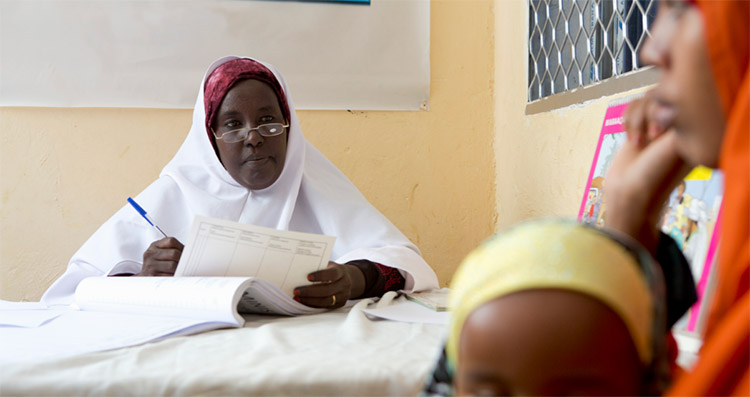
In the past 10 years the density of nurses and midwives has not increased in most countries of the Region and the ratio of nurses and midwives to doctors actually decreased in nine countries. This trend is likely to continue if the current level of production capacities is maintained.
Efforts to address the challenges facing nursing and midwifery workforce in the Region continue. The 66th session of the Regional Committee in October 2019 adopted a resolution to call for action to strengthening the nursing workforce in the Region. The call for action emphasizes primary care nursing by defining and expanding nurse’s roles and scopes of practice to maximize the utilization of their capacities, as well as transforming and reorienting the nursing education to respond the needs of the countries. Governments are urged to increase investment in nursing and midwifery education, employment and retention which will create more jobs in health and improve not only health outcomes but also contribute to global health security, and economic growth.


